Brazil
vibrant, diverse, samba, football, amazon
About Brazil
Culture and Religion
Where to go
How to get there
Visa Requirements
Travelling Budget
About Brazil
Brazil, officially known as the Federative Republic of Brazil, is the largest country in South America. It covers an area of about 8.5 million square kilometers, making it the fifth-largest country in the world. Brazil is a land of vibrant culture, stunning natural landscapes, and a rich history.
One of the most notable aspects of Brazilian culture is its diversity. The country is a melting pot of different ethnicities and cultures, influenced by centuries of immigration from Africa, Europe, Asia, and the Middle East. This diversity is reflected in Brazil’s music, dance, art, cuisine, and festivities.
Brazil is also internationally recognized for its passion for football (soccer). The national team has won the FIFA World Cup a record five times and is known for producing some of the sport’s greatest players, like Pelé and Ronaldo.
The Amazon Rainforest, often referred to as the “lungs of the Earth,” is located mostly within Brazil’s borders. It is the largest tropical rainforest in the world, covering approximately 60% of the country’s territory. The Amazon is home to an astonishing biodiversity, with countless species of plants, animals, and indigenous communities.
Brazil’s economy is one of the largest in the world, mainly driven by agriculture, mining, manufacturing, and services. It is a major exporter of commodities like coffee, soybeans, beef, and sugar. Additionally, Brazil is known for its manufacturing industry, particularly in sectors such as automobiles, aircraft, and textiles.
However, Brazil faces challenges such as income inequality, crime rates, and deforestation. Efforts are being made to address these issues, including social programs and environmental conservation initiatives.
Despite its challenges, Brazil remains a fascinating and culturally rich country, attracting millions of tourists each year to iconic destinations such as Rio de Janeiro, the Amazon, and the Iguazu Falls. Its people are known for their warmth, hospitality, and love for festivities, including the famous Carnival celebrations.
Culture and Religion
Brazil has a diverse and vibrant culture, shaped by its rich history and the influences of its native indigenous peoples, African slaves, and European immigrants. This multicultural heritage has given rise to a unique blend of customs, traditions, and artistic expressions.
The culture of Brazil is often associated with music, dance, and festivals. Samba, a rhythmic and energetic dance style, is deeply ingrained in Brazilian culture and is often performed during the world-famous Carnival festivities. Other popular music genres include bossa nova, choro, and forró, each with its own distinct rhythms and melodies.
Religion also plays an important role in Brazilian culture. The majority of Brazilians identify as Christians, with Roman Catholicism being the most widely practiced religion. The Catholic Church has had a significant influence on Brazilian society, arts, and traditions. However, there is also a growing number of other Christian denominations, as well as followers of Afro-Brazilian religions such as Candomblé and Umbanda, which incorporate elements of African spiritual beliefs with Catholicism.
Brazilian cuisine is incredibly diverse, with regional dishes reflecting the country’s cultural and ethnic diversity. Feijoada, a hearty black bean stew with pork, is considered Brazil’s national dish. Other popular foods include acarajé, a deep-fried ball of dough stuffed with shrimp, and pão de queijo, cheese-filled bread rolls.
Brazil is also known for its love of football (soccer) and is considered a world powerhouse in the sport. Football matches bring communities together, and the national team’s success and passionate fan base create a strong sense of national pride.
Overall, Brazil’s culture is a colorful tapestry woven from various cultural threads, resulting in a vibrant, spirited, and culturally rich nation.
Where to go
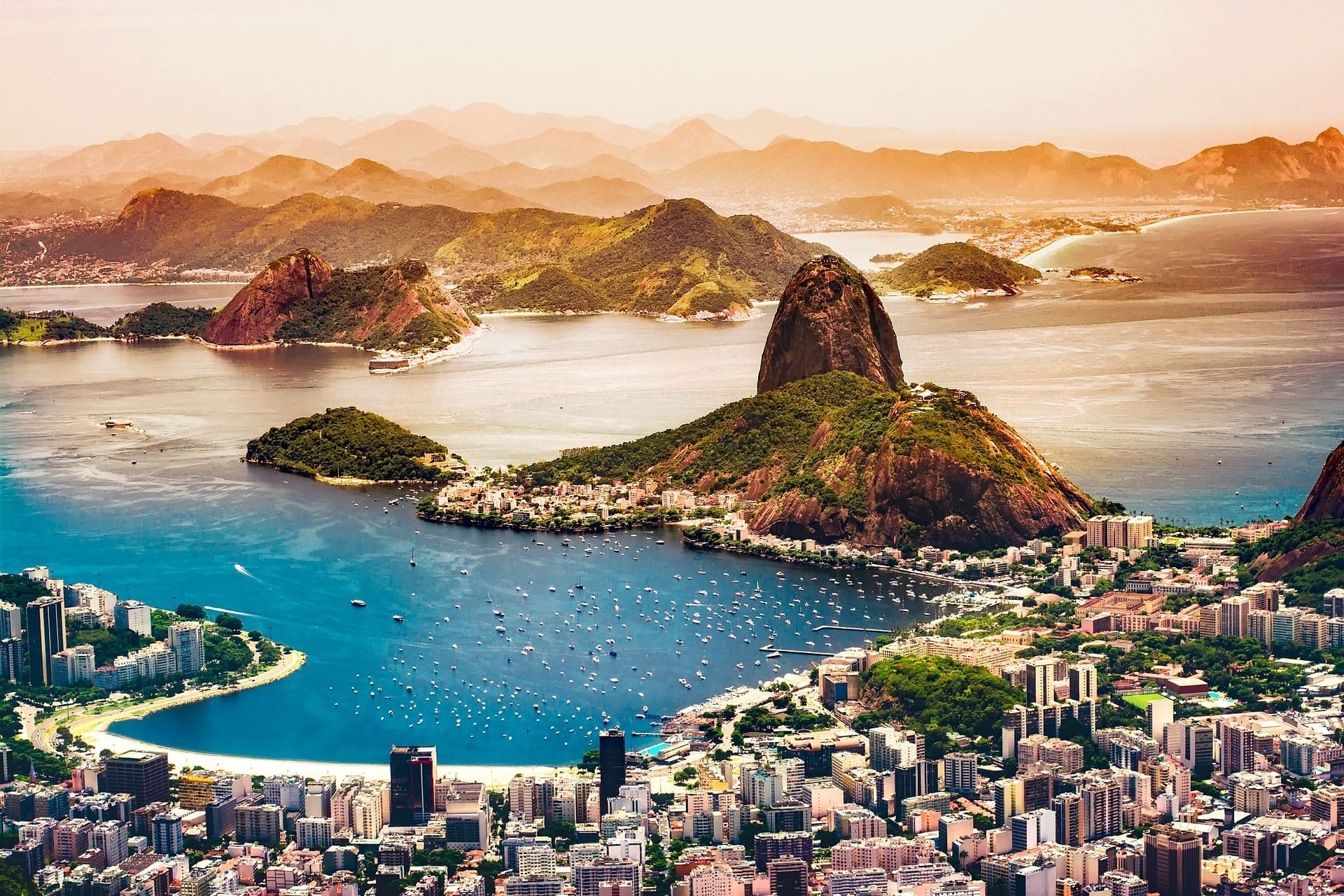
Rio de Janeiro and Corcovado
Rio de Janeiro is one of Brazil’s most iconic cities, known for its stunning landscapes, vibrant culture, and famous beaches like Copacabana and Ipanema. A must-visit attraction is the statue of Christ the Redeemer, located on the peak of Corcovado Mountain, offering breathtaking views of the city.
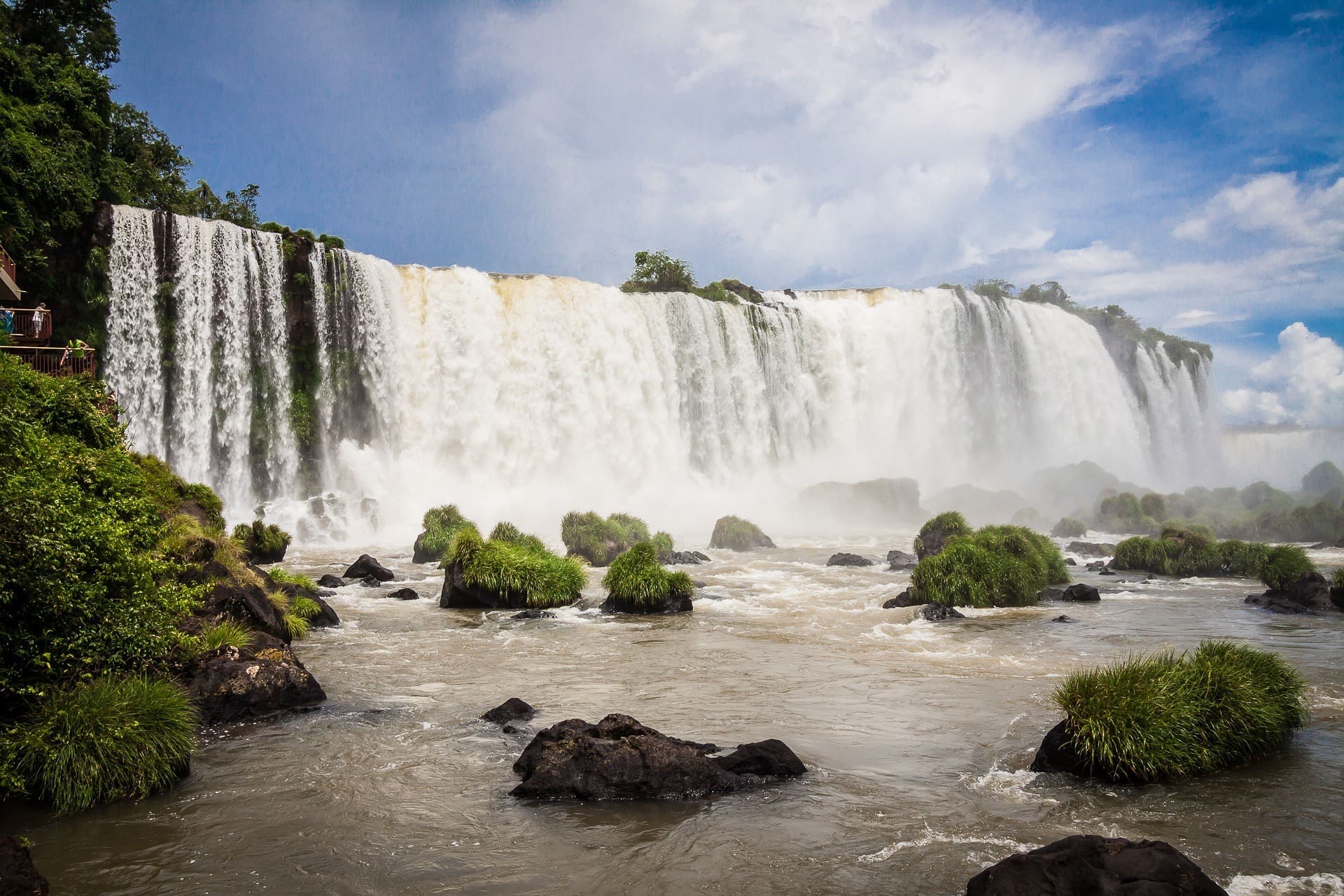
Iguazu Falls
Situated on the border of Brazil and Argentina, the Iguazu Falls is one of the most spectacular waterfall systems in the world. With hundreds of cascades spread over nearly two miles, the sheer power and beauty of the falls are awe-inspiring. Visitors can explore the park through various trails and ride on a boat for an up-close experience.

Amazon Rainforest
The Amazon Rainforest covers a significant portion of Brazil and is home to an incredible diversity of plant and animal species. Exploring the Amazon is a once-in-a-lifetime experience, offering opportunities to spot wildlife, learn about indigenous cultures, and immerse oneself in the serene beauty of the world’s largest tropical rainforest.
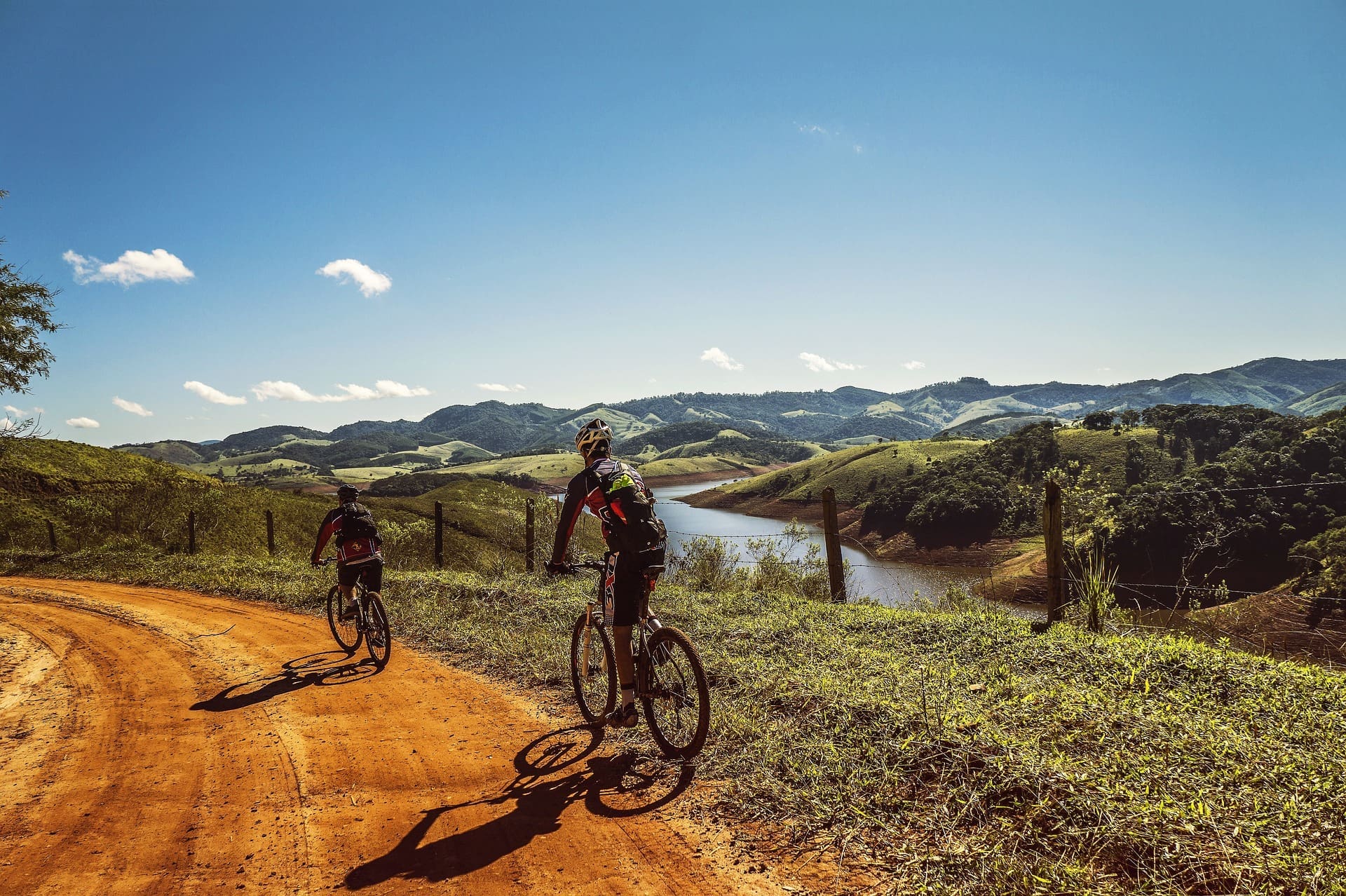
Pantanal Wetlands
Located in the western part of Brazil, the Pantanal is the world’s largest tropical wetland and an ecological paradise. It offers exceptional wildlife viewing opportunities, including jaguars, caimans, giant river otters, and hundreds of bird species. Nature enthusiasts can embark on boat tours, hiking expeditions, or even horseback rides to explore the diverse ecosystems of this biodiverse region.
Note: These highlights of Brazil represent just a fraction of the country’s vast offerings. Each destination showcases Brazil’s natural beauty, cultural richness, and unique experiences that make it a truly remarkable travel destination.
How to get there
Getting to Brazil is relatively easy due to its well-connected transportation infrastructure. There are several ways to reach Brazil, depending on your location and preferences.
By air, the most common way to arrive in Brazil is through its major international airports, such as São Paulo-Guarulhos International Airport (GRU) or Rio de Janeiro-Galeão International Airport (GIG). These airports receive flights from major cities around the world.
If you are coming from neighboring South American countries, buses can be a cost-effective option. Brazil shares borders with many countries, including Argentina, Uruguay, Paraguay, Bolivia, Peru, Colombia, and Venezuela. There are regular bus services connecting various cities in Brazil with these neighboring countries.
Cruise ships are also a popular mode of transportation for those arriving in Brazil, especially to coastal cities like Rio de Janeiro and Santos. Brazil has a number of well-equipped ports, and cruise ships often include Brazil as part of their South American itineraries.
Once you arrive in Brazil, transportation within the country is quite extensive. Domestic flights connect cities across the country, and buses are a common means of transportation, with an extensive network covering both short and long distances. Brazil also has a reliable train system, primarily serving the southeastern and southern regions.
It’s worth noting that entry requirements for Brazil may vary depending on your nationality. Many travelers will need a visa to enter Brazil, so it’s essential to check the specific visa requirements for your country of residence before planning your trip.
Overall, with its international airports, land borders, and diverse transportation options, getting to Brazil is relatively straightforward, making it an accessible destination for travelers from around the world.
Visa Requirements
The visa requirements for Brazil vary depending on the country of citizenship. Here are some general guidelines, but it’s crucial to check the specific requirements based on your nationality:
1. Visa Waiver Program: Brazil has visa exemption agreements with several countries. Citizens of these countries can stay in Brazil as tourists for up to 90 days without a visa. Some of these countries include the United States, Canada, Australia, Japan, and most European Union member states.
2. Electronic Visa: Brazil has implemented an electronic visa system for citizens of eligible countries. This allows travelers to apply online for a tourist visa before their trip. The e-visa is valid for up to 2 years and allows multiple entries, with each stay limited to 90 days. The application process typically requires a valid passport and supporting documents.
3. Visa on Arrival: Brazil provides the option of obtaining a visa on arrival for citizens of a few select countries. However, this visa is generally used for exceptional circumstances, such as emergency situations, and not for regular tourism purposes.
It’s important to note that visa requirements can change, so it’s essential to check the official website of the Brazilian embassy or consulate in your country for the most up-to-date and accurate information. In some cases, it may also be necessary to provide additional documentation, such as proof of accommodation, travel itinerary, or sufficient funds to cover your stay.
Regardless of visa requirements, all visitors to Brazil must have a passport valid for at least six months beyond their intended stay. It’s advisable to check with the relevant authorities well in advance of your trip to ensure compliance with the visa requirements and to allow sufficient time for visa processing if necessary.


Travelling Budget
The cost of traveling in Brazil can vary depending on various factors, including your travel style, destination within the country, accommodation choices, activities, and personal preferences. However, here are some general guidelines regarding the budget for traveling to Brazil:
Accommodation: The cost of accommodation in Brazil can vary widely. In major cities like Rio de Janeiro and São Paulo, hotel rates tend to be higher. Budget hotels, hostels, and guesthouses can provide more affordable options, with prices ranging from $15 to $50 per night. In smaller towns and rural areas, accommodation options may be cheaper.
Food: There is a wide range of food options in Brazil, from street food to high-end restaurants. On average, a meal at an inexpensive restaurant can cost around $5 to $10, while a mid-range meal may be around $10 to $20 per person.
Transportation: Domestic flights in Brazil can be a significant expense, although prices can vary depending on the destination and season. Bus travel is generally more affordable and convenient for exploring various regions in the country. Local transportation within cities, such as buses and metro systems, is relatively inexpensive.
Activities: Brazil offers a variety of activities, including visits to famous landmarks, national parks, and beach destinations. Entrance fees to attractions can range from a few dollars to around $30, depending on the location and type of activity.
Daily Budget: On a moderate budget, travelers should plan on spending around $50 to $100 per day, which includes accommodation, meals, transportation, and some activities. However, this is just a general estimate, and it is possible to spend more or less depending on your preferences and travel style.
It’s important to keep in mind that prices can vary depending on the time of year, location, and current economic conditions. Researching and planning ahead can help you get a better idea of the specific costs for your trip to Brazil.
What makes your journey easier
Everything you need to know about what to bring to make your travels easier, more safe and fun
Be Mindfull
Gadgets
Gear
Insurance
Visa



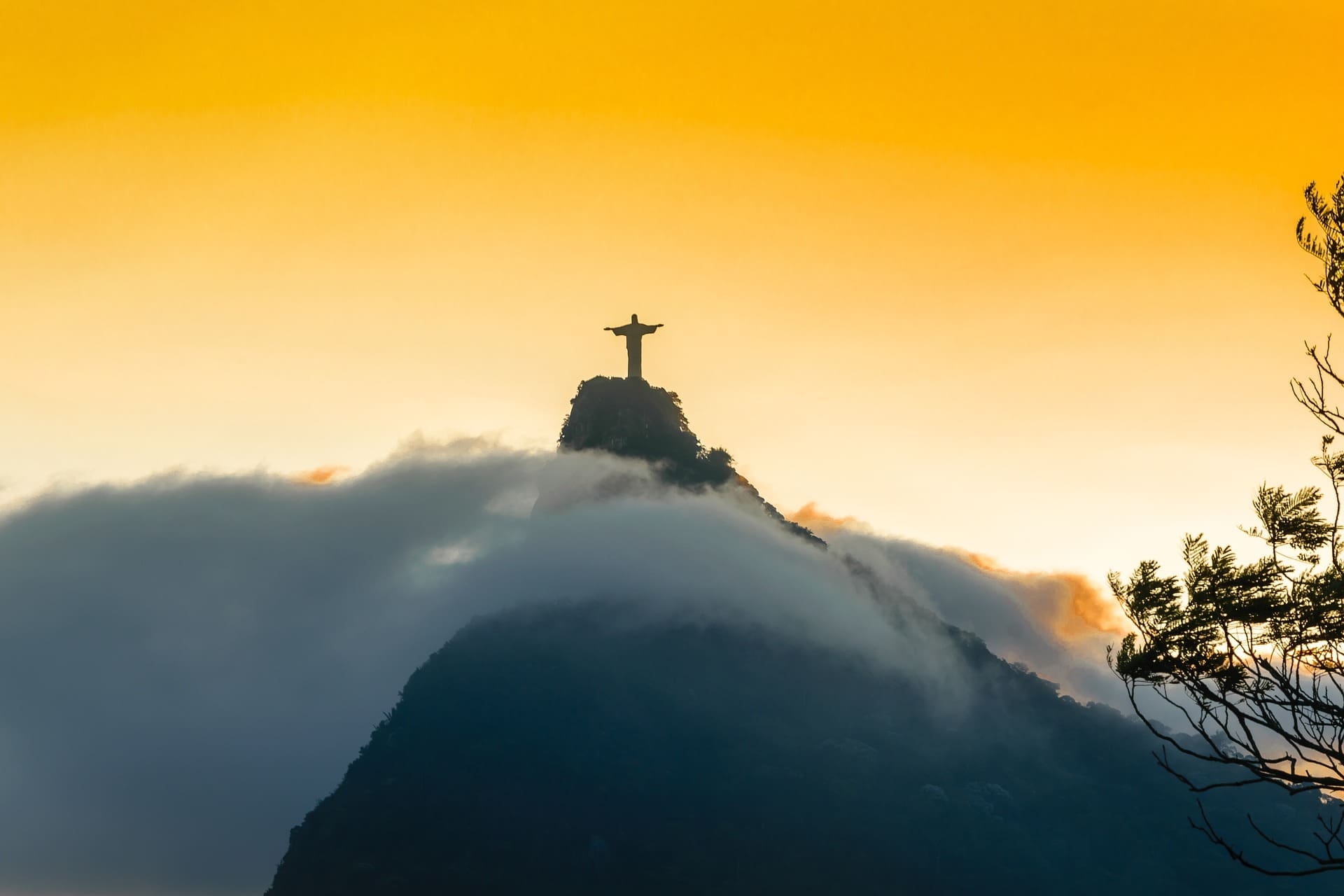


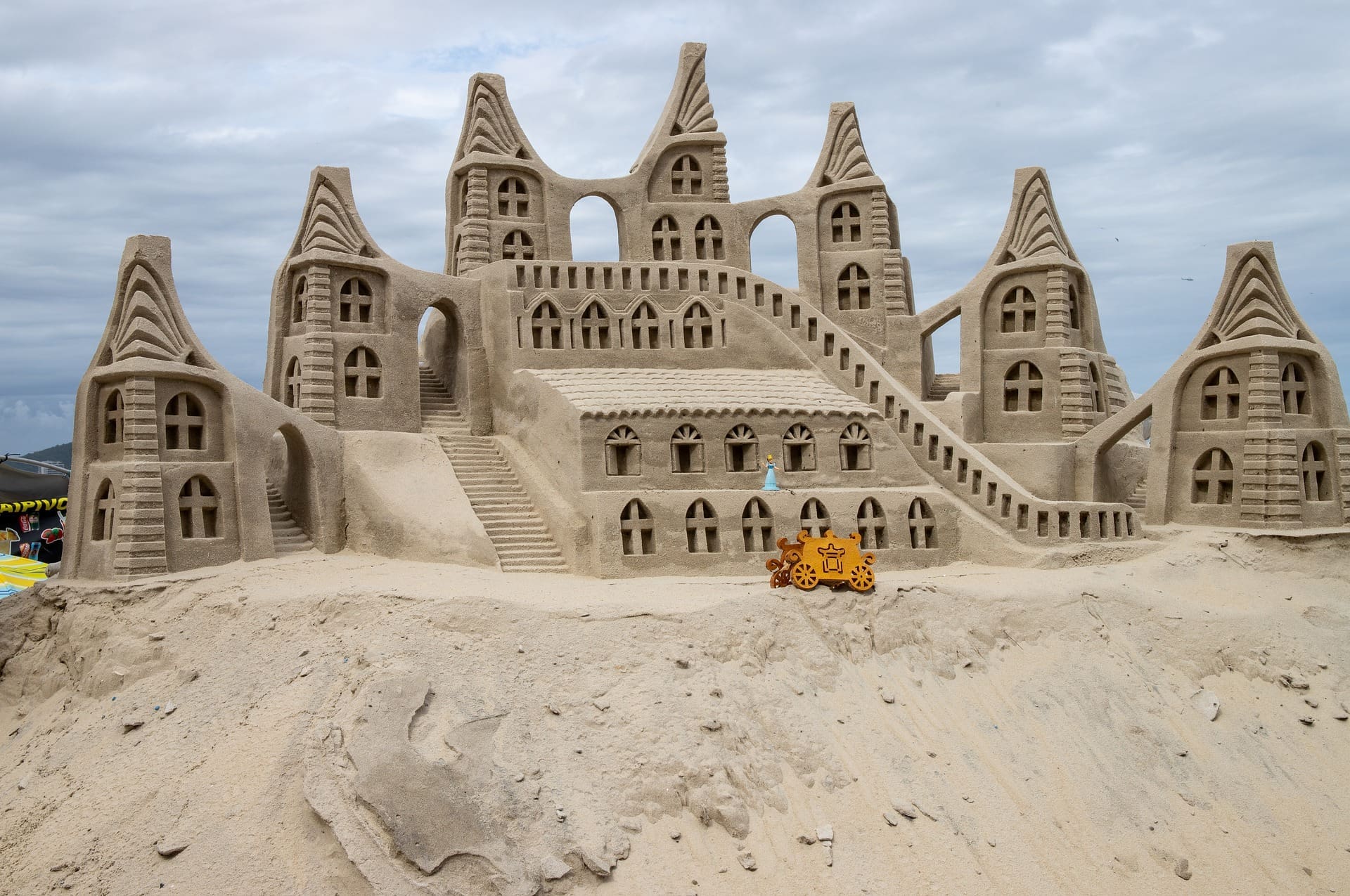






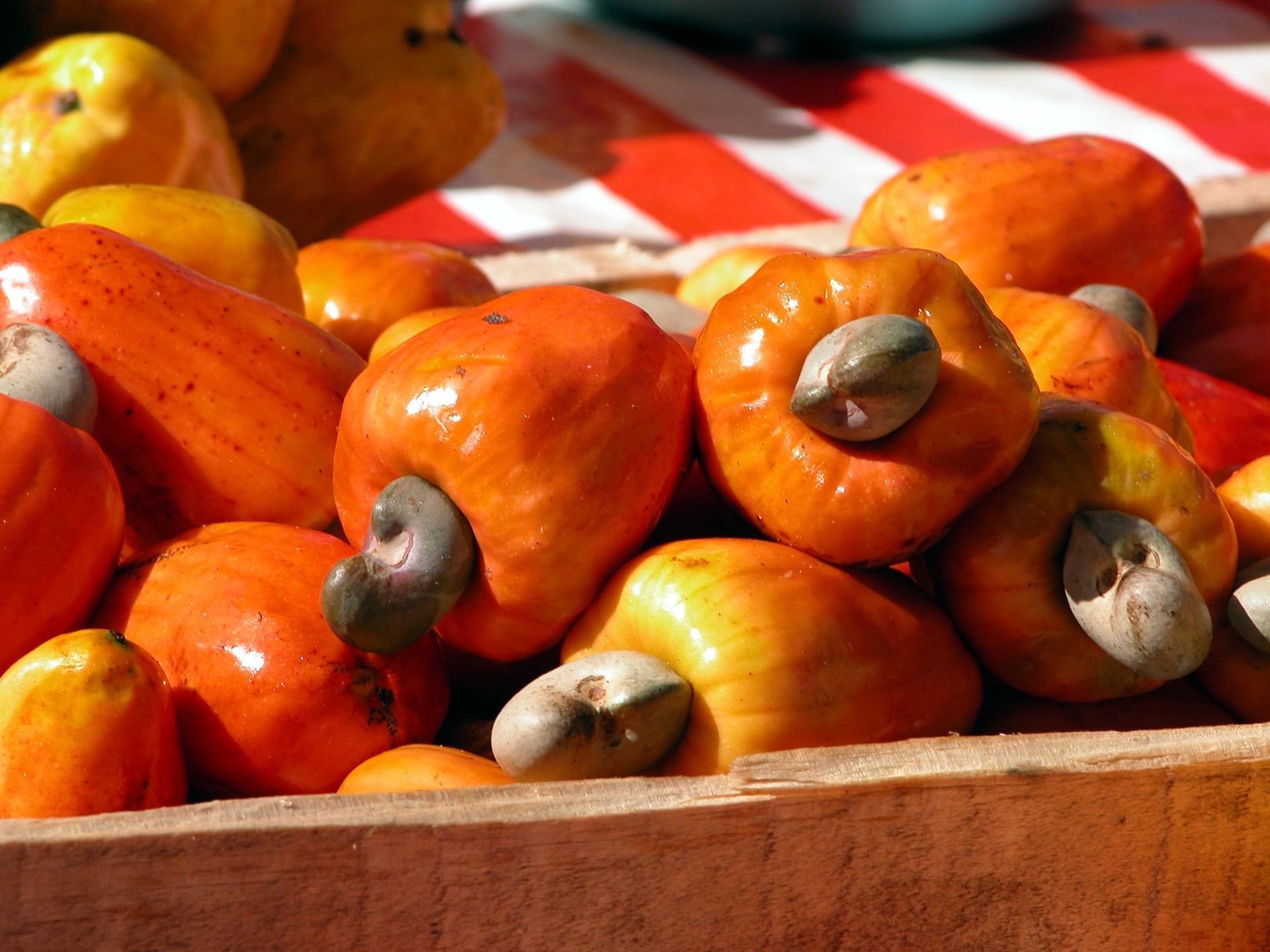


![Brazil 4x [brasilia]](https://travelhd.nu/wp-content/uploads/2023/08/Brazil-4x-brasilia-scaled.jpg)








